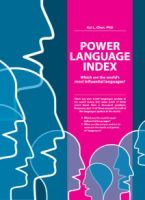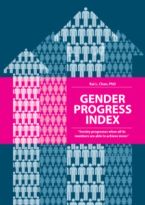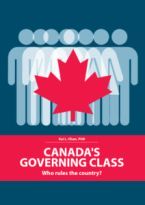Work in progress
Much of the financials sector revolves around credit and default. Credit is the extension of capital and money to those with it to those seeking to use it.
Default
A default is defined when a borrower is in violation of his/her loan agreement. Most often this is in the form of a late or non-payment on the debt. But a default can also occur when the borrower deviates from the terms of the contract which materially impact the likelihood of full and timely repayment of the debt. For example, a borrower may be obliged by its creditor to retain a certain liquidity level as part of its debt agreement. If the borrower is in violation the lender may, depending on how the contract is written, be able to call-in the debt. In such cases, where there is no actual late or non-payment or a material change to the original terms of the debt (because of a negative change in the borrower’s position), it is viewed as a credit event rather than an outright default.
Specialty finance
Specialty finance refers to consumer and business financing, sometimes through non-traditional sources, where often the market has weaker or more opaque credit conditions. Typical asset classes include automobile loans, credit card offerings, equipment finance, payday loans, education loans, etc.
Asset-backed lending
Asset-backed lending (ABS)
Unsecured lending
Unsecured lending refers to credit or cash being extended without the debt being secured by chattel
Consumer, business and product credit scores/ratings







